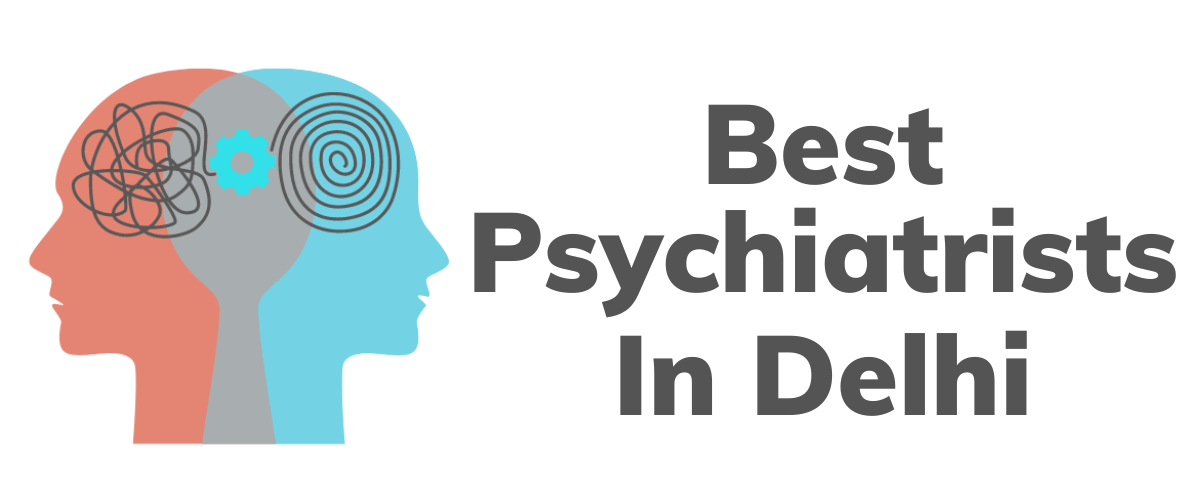What Is Schizophrenia?
What Is Schizophrenia?
Schizophrenia is a chronic, severe mental disorder that affects a person’s capacity for thought, action, emotional expression, reality perception, and social interaction. Despite being less frequent than other related disorders, schizophrenia has the potential to be the most persistent and incapacitating serious mental illness.
Patients with schizophrenia frequently experience difficulties interacting socially, professionally, academically, and in their daily lives. They could appear frightened, reclusive, and disconnected from reality. Although this chronic illness has no known cure, it can be treated with the right care.
Contrary to popular belief, schizophrenia does not involve multiple personas or split personalities. Schizophrenia includes psychosis, a type of mental illness in which a person is unable to tell the difference between reality and imagination. Sometimes those who suffer from psychotic disorders lose touch with reality. The world may seem to be a maze of confusing concepts, images, and sounds. They might behave in a very strange, even surprising, way. When a person experiences a psychotic episode, they become detached from reality and undergo a sudden change in personality and behavior.
Also Read:
The degree of schizophrenia varies from person to person. despite some people only ever had one psychotic episode, others go through several episodes throughout the course of their lifetimes despite leading generally normal lives. Others may gradually encounter more challenges with their capacity to function, making little headway in between instances of full-blown psychosis. The signs of schizophrenia seem to develop and mend in cycles referred to as relapses and remissions.
A serious mental illness called schizophrenia affects a person’s ideas, feelings, and behavior. It can be traumatic for both the person with schizophrenia and their loved ones when schizophrenics appear to have lost all sense of reality. It may be difficult for someone with schizophrenia to engage in routine, everyday activities, but there are effective treatments available. Many people who undergo treatment are able to function independently, participate in school or the workforce, and appreciate their relationships with others.
Causes Of Schizophrenia
Researchers think that the development of schizophrenia is influenced by a combination of genetic, brain chemistry, and environmental variables.
Unbalances in neurotransmitters, which are naturally occurring substances in the brain including dopamine and glutamate, may contribute to schizophrenia. According to neuroimaging research, people with schizophrenia have an unusually shaped brain and central nervous system. These changes do indicate that schizophrenia is a neurological condition, albeit their significance is still up for debate.
Schizophrenia Symptoms
Schizophrenia causes changes in a person’s behavior, ideas, and feelings. It’s possible that your experience will be different from that of someone else’s. Even the symptoms can shift over the course of treatment. Nobody ever has complete ownership of all of them.
In most cases, beginning between the ages of 16 and 30 is appropriate. The majority of the time, men acquire them before women do. The individual frequently undergoes gradual alterations before the manifestation of overt symptoms. This is also referred to as the prodrome phase in some circles.

When the illness has progressed to a severe stage and the symptoms are numerous, those who suffer from schizophrenia have a difficult time differentiating between real and imagined beliefs. This occurs far less frequently as they get older.
In most cases, persons who are afflicted with the sickness do not become aware that they have it until they are informed of it by a counselor or physician. They won’t even be aware that there is a serious issue to be concerned about. If they do suffer symptoms, such as trouble thinking clearly, they could chalk it up to stress or exhaustion if they do.
If you are concerned that you or someone you know may be exhibiting symptoms of schizophrenia, you should talk to a mental health professional such as a therapist or physician.
